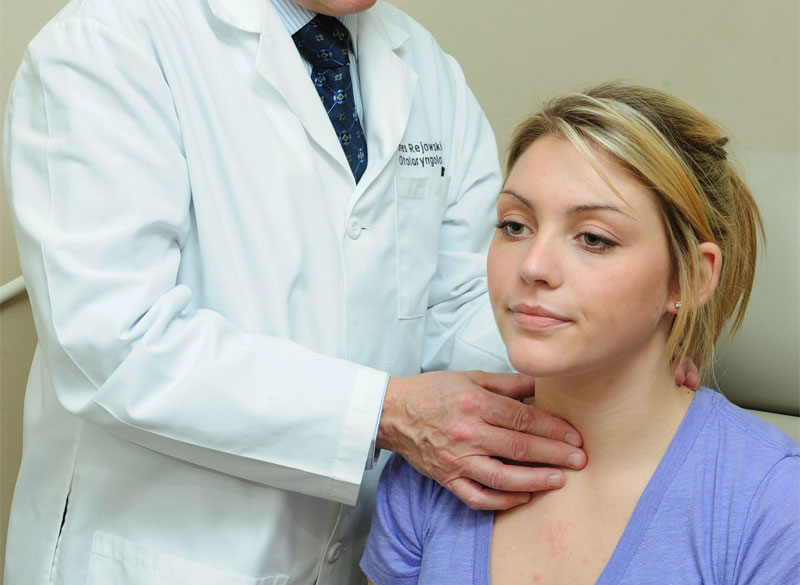What are the Primary Causes of Thyroid Disorders?
The thyroid gland is a butterfly-shaped gland that is located in the anterior part of your neck. The two “wings” of the gland are the right and left thyroid lobes. This gland produces hormones that affect almost all of the tissues in your body, and plays an essential role in regulating your body’s metabolism.
There are many types of thyroid disorders that can cause irregular thyroid hormone production and other related problems. Health problems occur when there is either too little or too much hormone production; when lumps or nodules form within the gland; when the gland enlarges, causing compression on structures around the gland; or when cancerous lumps or nodules develop within the gland.
The primary causes of thyroid disorders include:
- Too much or too little dietary iodine
- Exposure to radiation
- An excessive amount of isoflavone-intensive soy foods, including soy powders or soy protein
- Specific medications such as the heart medication cordarone or lithium
- Surgical removal of part or all of the thyroid gland, which can cause hypothyroidism (underproduction of thyroid hormone) if a proper treatment plan is not followed
Treatments for hyperthyroidism, such as Graves disease, can cause a patient to experience hypothyroidism. It is, therefore, important for patients to follow through with the treatment plans advised by a throat specialist.
Symptoms of thyroid disorders include enlargement of the neck, irregular bowel movements, changes in the hair or skin, menstrual irregularities in women, depression and/or anxiety, high cholesterol or unusually-low cholesterol, fatigue or unexplained weight changes. If you are experiencing unusual symptoms, it is important to set up an appointment with a throat specialist in Sydney so that a professional assessment can be made. Your doctor will be able to determine any underlying causes of your symptoms and will recommend the most suitable treatment plan to alleviate your symptoms.
If you have concerns about thyroid symptoms or a goitre see your local doctor who will arrange for you to see your thyroid surgeon.

